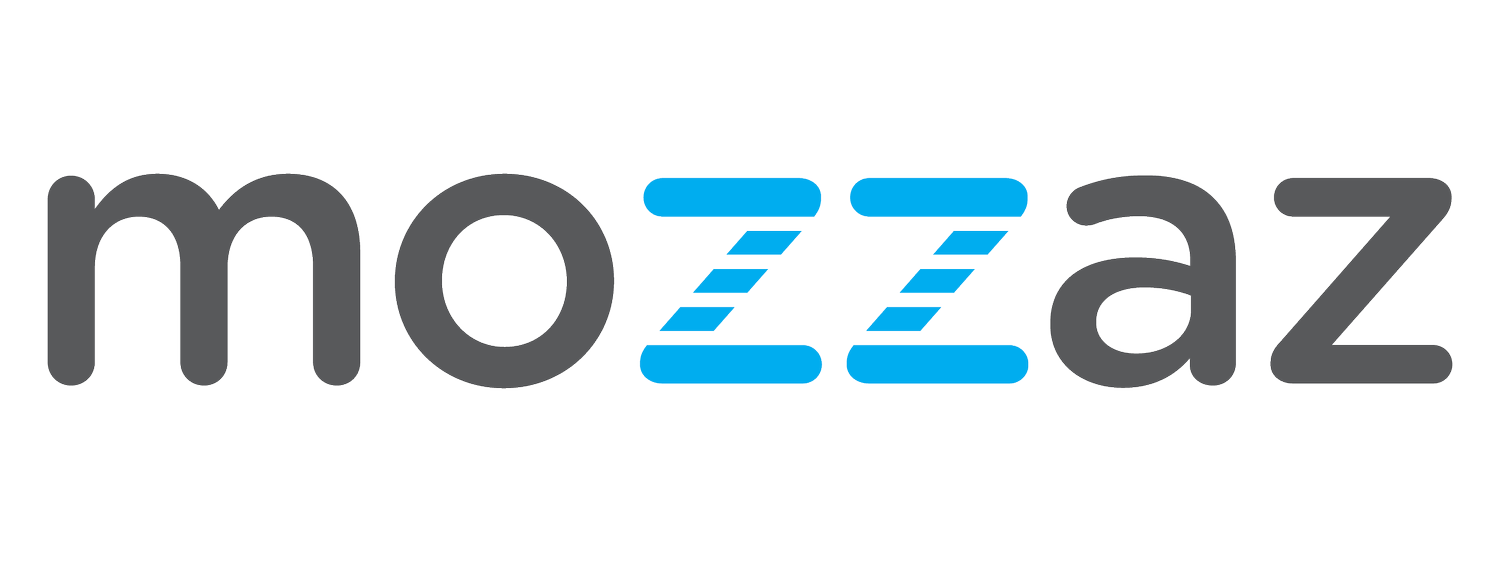Mental Health and Virtual Care: How Mental Health Awareness Month Drives Actionable Steps Forward
Millions of people around the world are living with a mental illness, and each May our industry takes a moment to raise awareness about mental health. Mental Health Awareness month aims to fight stigma, provide support, educate the public, highlight valuable resources, and advocate for those with mental illnesses (1). More than one year into the COVID-19 pandemic, these initiatives have become more important than ever. Amid extended social isolation, human connection and the message that no one should feel alone became a priority. As we look towards the post-pandemic landscape, we need to continue amplifying this message and provide those with mental illnesses necessary information, support, and resources.
Mental Health Awareness Month is a great opportunity for us all to have valuable conversations around how to better serve those affected by mental illness, but real progress is made when these conversations lead to actionable next steps that outlive just one month per calendar year. As the digital transformation in healthcare forges on at a rapid pace, mental health professionals have an important seat at the table. Virtual care solutions are proven to have immense benefits for those with mental illnesses, and more organizations than ever are adopting technology to help improve outcomes for these patient populations.
What Does a Virtual Care Solution Look Like for Mental Illness?
Virtual care solutions are enabling mental health professionals to deliver evidence-based programs directly to patient’s devices. The goal of any virtual care program is to help patients stay connected to their care teams and provide easy access to their treatment plans as well as other helpful, provider approved, educational content. There are a variety of digital tools that can be integrated into a virtual care program, but there are a few key components to consider for deploying a successful solution.
Virtual Visits & Communication | Secure video, audio, and messaging helps keep patients connected with their providers by augmenting in person visits with virtual touch points.
Symptom & Medication Tracking | In app symptom trackers allow mental health professionals to collect data like anxiety levels and PHQ-9 scores, and then respond or intervene as needed. Medication tracking can be enabled as well and can even include virtual direct observation therapy to ensure adherence.
Digital Psychotherapy | Automatically triggered based on patient input, these interventions are dynamic and responsive to an individual’s needs. Actionable modules are provided electronically to help patients manage their symptoms in real-time.
Automated Alerts & Warnings | When patient data and trends are outside of an ideal threshold, care team members will be alerted that a check-in might be necessary. Inclusive of the patient’s entire support circle, care team members can be clinical staff, or even family members and friends.
Community Engagement & Educational Resources | Educational content, clinical resources, and information on community engagement like support center accessibility give patients the necessary tools for success.
What are the Outcomes?
Increasing access through virtual care is helping close the mental health gap by reducing stigma, increasing adherence, and reducing the risk of adverse events. Personalizing digital care plans with timely interventions and recovery support is proven to improve patient outcomes while optimizing resources for cost savings. Across various mental health programs, Mozzaz’s virtual care solution has helped to deliver:
60% decrease in mental health crisis episodes
45% decrease in maladaptive behavior
42% increase in addiction treatment engagement
$3,000 savings per behavioral health patient per year
As Mental Health Awareness Month comes to a close, the healthcare community has clear calls to action: raise awareness, support those in need, and advocate for mental health resources. At Mozzaz, we are passionate about delivering high value virtual care solutions and ensuring health equity, so mental healthcare is accessible to all patients. Looking to augment your current programs with virtual care? Contact us, today.
References
(1) Mental Health Awareness Month. (2021). NAMI. Retrieved from https://www.nami.org/Get-Involved/Awareness-Events/Mental-Health-Awareness-Month

